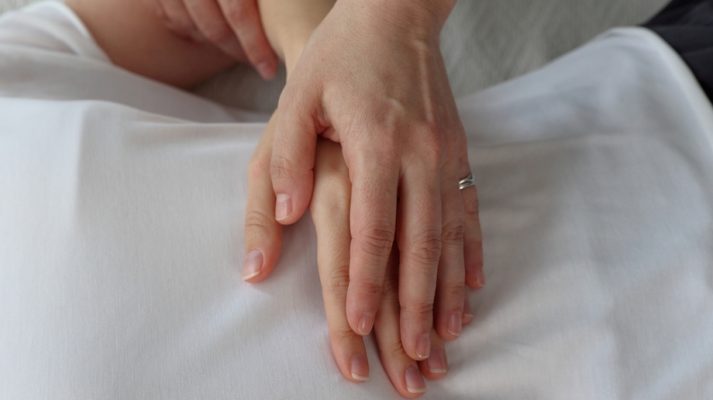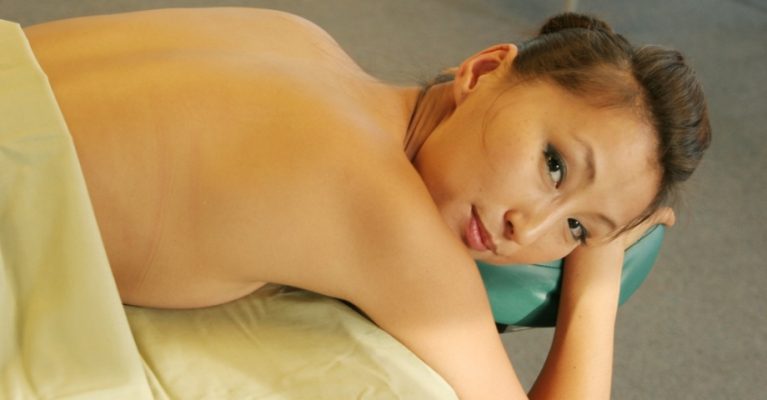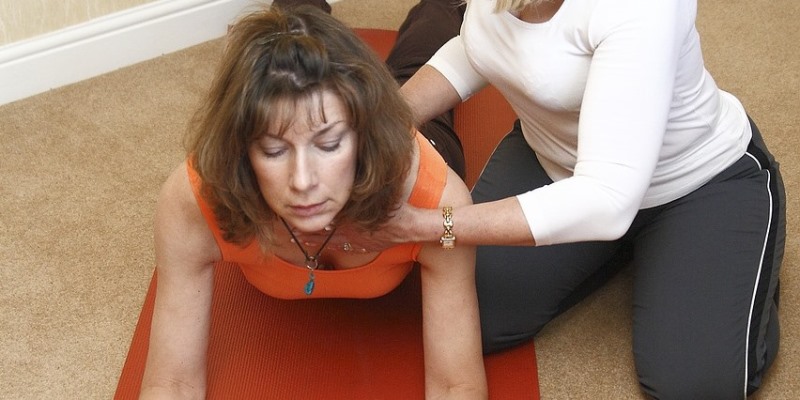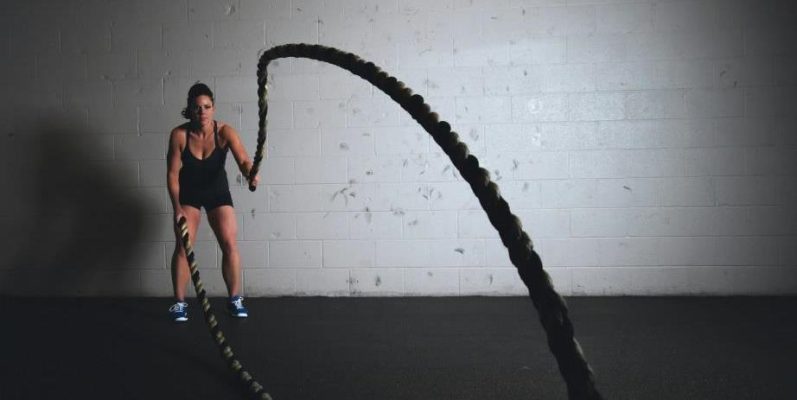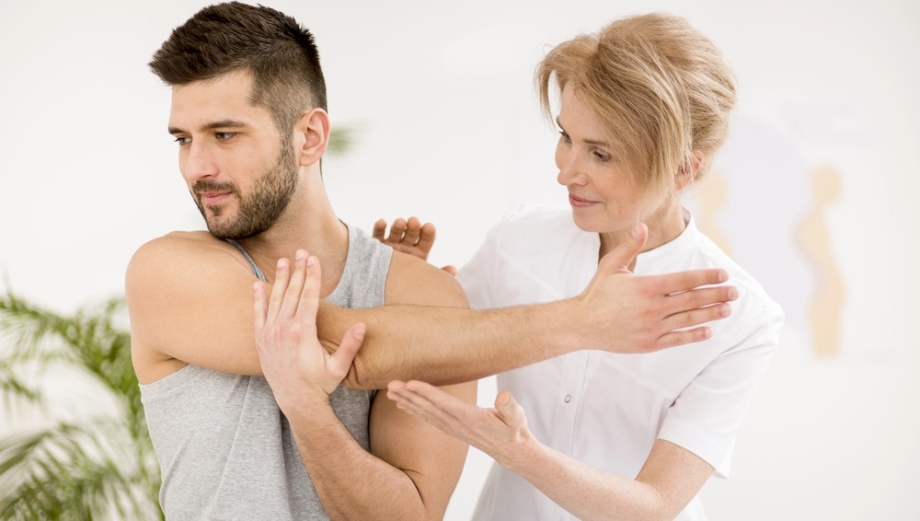
Physiotherapy — also called Physical Therapy — is a healthcare specialty that foremost aims at helping individuals to restore i.e. rehabilitate movement and function for those who are affected by injury, illness, disability, or post-surgery health issues. In addition, physiotherapy can also be used as a treatment modality to maintain health and/or as a means of prevention by diminishing the risks on future injuries or illnesses.
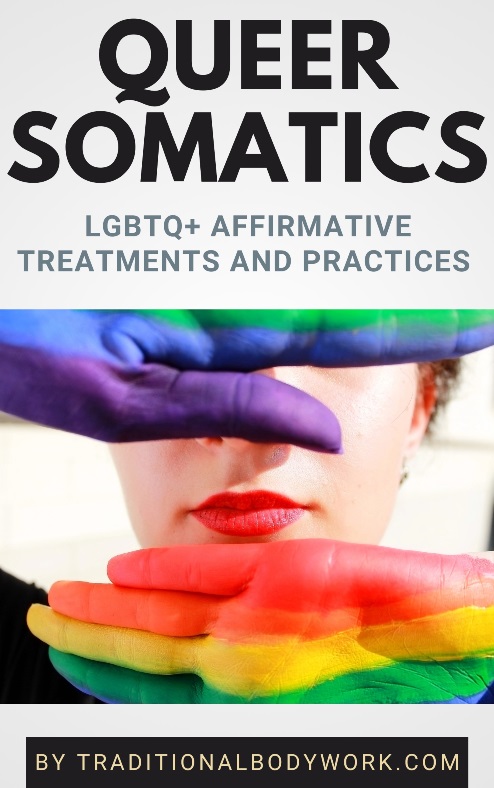
Physiotherapists typically educate and advise (like giving general advice about things that can affect one’s daily life, like posture and correct lifting or carrying techniques to help prevent injuries), design movement exercises to improve general health and mobility and to strengthen specific body parts, and apply manual therapy to relieve pains and stiffness, which can include techniques such as massage, joint mobilization, joint manipulation, and acupressure, among other techniques.
Nevertheless, there are many types of specializations within the field of physiotherapy, focusing on different kinds of injuries or illnesses or on different kinds of people, such as orthopedics, cardiopulmonary issues, neurology, endocrinology, sports medicine, geriatrics, pediatrics, women’s health, or wound care, among others.
LGBTQ+ individuals may be seeking physiotherapy for reasons that are not related to their gender identity or sexual orientation, but others may specifically seek help for LGBTQ+ related issues.

In both cases, it’s an important first requisite to find a physiotherapist who works LGBTQ+ inclusive and affirmative, that is, one who creates a welcoming and emotionally safe environment, employs respectful and inclusive communication, uses a trauma-informed approach, and is knowledgeable of the specific health issues that may affect LGBTQ+ individuals.
In addition, LGBTQ+ folks are usually — more than others — particularly prone to suffering from rather specific health issues, such as back, chest, breast and genital pains, breathing issues, joint pains, mobility issues, scar tissue problems, post-surgery and/or abdominal and pelvic floor issues, and hence it’s important to find a physiotherapist who’s specialized in working with(in) these health domains.





